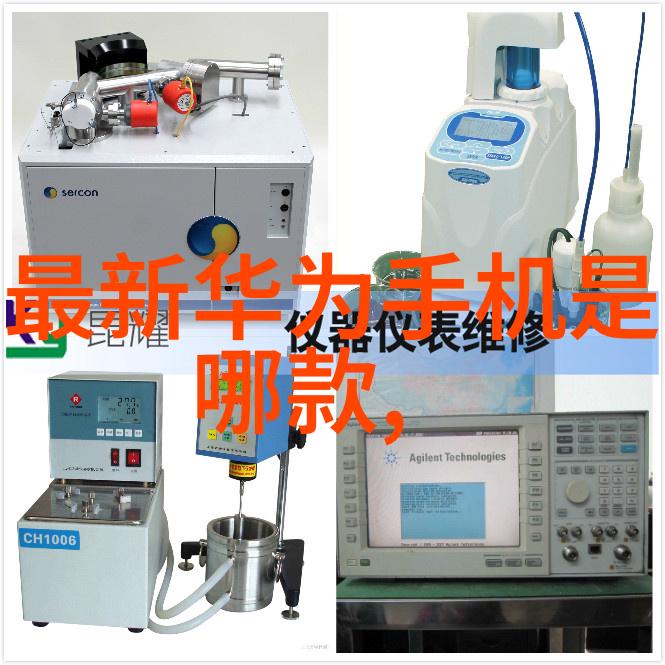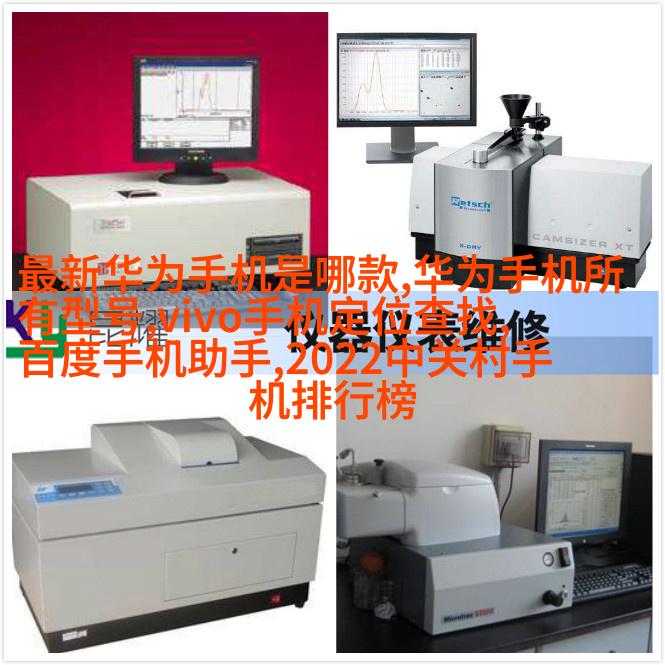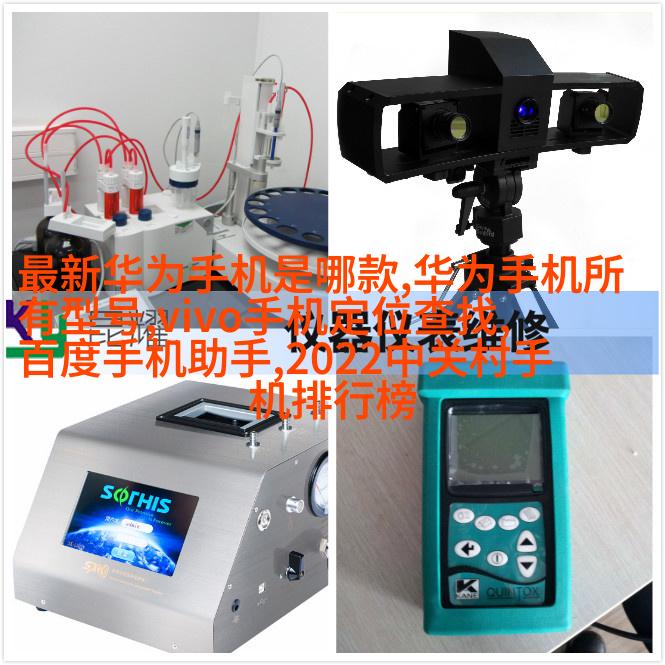在数字化转型的浪潮中,云计算、大数据、IoT和人工智能等新技术正以第四次工业革命为标志,推动民航产业向智慧时代迈进。科技创新成为实现新旧动能转换的关键,智慧机场建设越来越受到关注。2018年11月28日至29日,在山东济南举办的中国民航信息化与人工智能高峰论坛深入探讨了这些技术在民航领域的应用,并就智慧机场建设等议题进行了专题讨论。

随着智慧机场建设的持续发展,安防行业迎来了新的机遇。许多安企洞察市场趋势,争先恐后地投身于智慧民航引擎项目中,以助力推动民航业高质量发展。
经济社会正处于快速数字化转型时期,对航空运输行业而言,这是一个巨大的机遇与挑战。在这一背景下,我国民航业规模不断扩大,其周转总量达到了1083.1亿吨公里,其中国内航线完成694.6亿吨公里,而国际航线则增长14.1%。

互联网、大数据和人工智能等新兴技术正在改变经济形态和生活方式,为航空运输行业带来了新的发展方向。通过实施数字化转型,可以实现降本增效。
目前, airports are undergoing a transformation towards becoming "smart" airports, with the security industry seeing this as an opportunity for growth and development.

Several companies are already playing a key role in this process:
Huawei is providing one-stop ICT solutions and products to help promote the digital transformation of the aviation industry.
Rongxin Technology has launched an airport face recognition control solution that includes face detection, boarding pass issuance, and personnel control.

Yunda Cloud is using AI technology to assist in aviation reform.
Guangtuo Technology specializes in perimeter intrusion alarm systems and optical fiber vibration intrusion detectors for airport security.

Jinwanyun focuses on developing patrol products for airport security.
H3C is providing all-around sensing and domain interconnection solutions for data and system security protection.
In conclusion, airports are an important market segment for security applications, and civil aviation will become a new gold mine for the security industry. In the future, security enterprises will continue to innovate and promote smart airport construction towards a new journey.